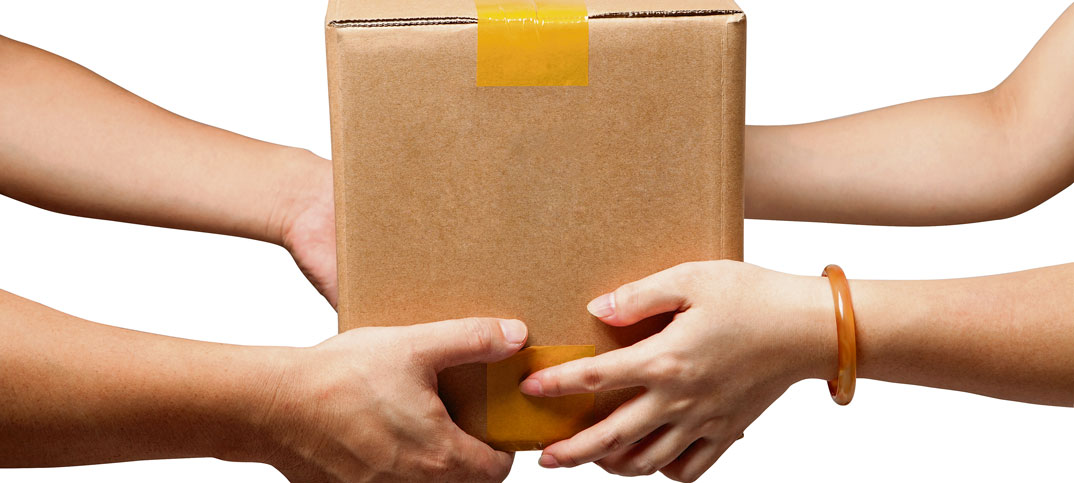The home landline was ringing and I picked it up to get an automated message saying that my delivery would arrive between four and eight o’clock that day. What delivery, I thought.
It turned out to be a message for my 16-year-old daughter, who had made a purchase from ASOS. The package arrived and after trying on the garment and shoes they are now waiting for a short trip to the local c-store to be returned. This visit is clearly a chore for my daughter as she has asked me to do it.
I mention this because the way people will shop in the future is being shaped by forces that you may not be able to see. The challenge for my local c-store is to turn this parcel transaction into something more attractive than a trip to the dentist.
Rohan Rajiv, who writes an excellent blog called A Learning A Day, noted two things recently about his visit to a physical retail store to buy things for his home.
“I felt lost as I looked at products in the aisle. Were these the ones that came highly recommended? On what basis were they in the aisle?” he wrote. Second he was “looking for a specific product he’d seen online. But it was ‘out of stock’. Out of stock! What is that?”
In Rajiv’s opinion, reviews make the Amazon shopping experience vastly superior to that in most physical stores. (But he does see the future for augmented reality and VR glasses in store!)
The challenge for c-stores is to turn parcel transaction into something more attractive than a trip to the dentist
He argues that you cannot roll technology back. He believes the Amazon experience is better for customers and, because there are far fewer people employed per dollar of revenue, it will win. This sets out a challenge for the future of your business if you don’t have an answer to the benefits he finds in shopping online.
However, in a recent article for the Guardian, Michael Bhaskar, author of Curation, points out that “the machine” may not win.
In the late 1990s, Greg Linden, an Amazon engineer, changed the way retail worked forever by solving the problem of how to recommend automatically what book to buy next. He hit on ‘personalisation’, which identifies that A is bought alongside B and makes the recommendation to people who buy B. His algorithm worked and continues to work.
However, algorithms lose their power when the shopper doesn’t know what they want to buy. If you don’t buy B the algorithm will never be able to suggest that you might like A. (A solution to this may be websites like Canopy.co, which is independent of Amazon but recommends to its members what they might like to buy from the store.)
Think about this, Bhaskar says: “Netflix has more TV and film than we could ever want.” Human curation is on the way back because of this fact – most people now have excess stuff.
“Curation can be a clumsy word,” he writes. “But its Latin root means to take care of [which] captures this irreplaceable human touch. We want to be surprised. We want expertise, distinctive aesthetic judgments, clear expenditure of time and effort. We relish the messy reality of another’s taste and a trusted personal connection. We don’t just want correlations – we want a narrative, which machines can’t provide.”
As an independent retailer you can capture some of this value, if you want to and plan well. Or you can simply plug yourself into the machine and hope you don’t become obsolete any time soon. I know which I would choose.





Comments
This article doesn't have any comments yet, be the first!